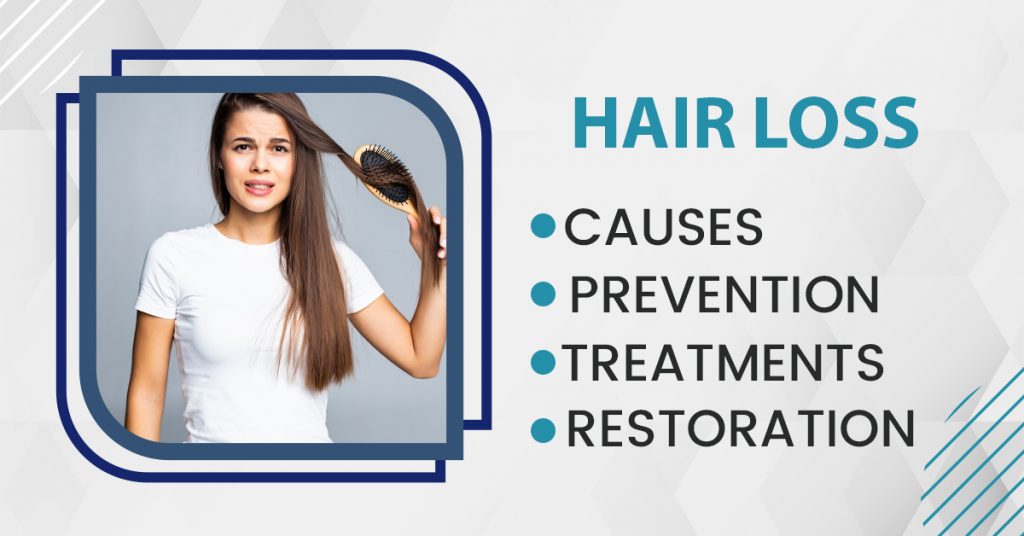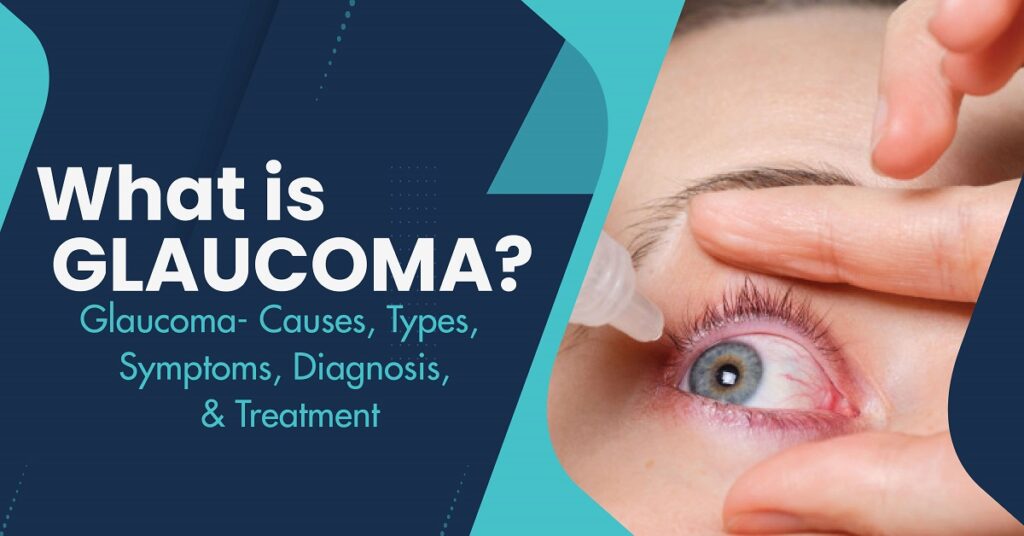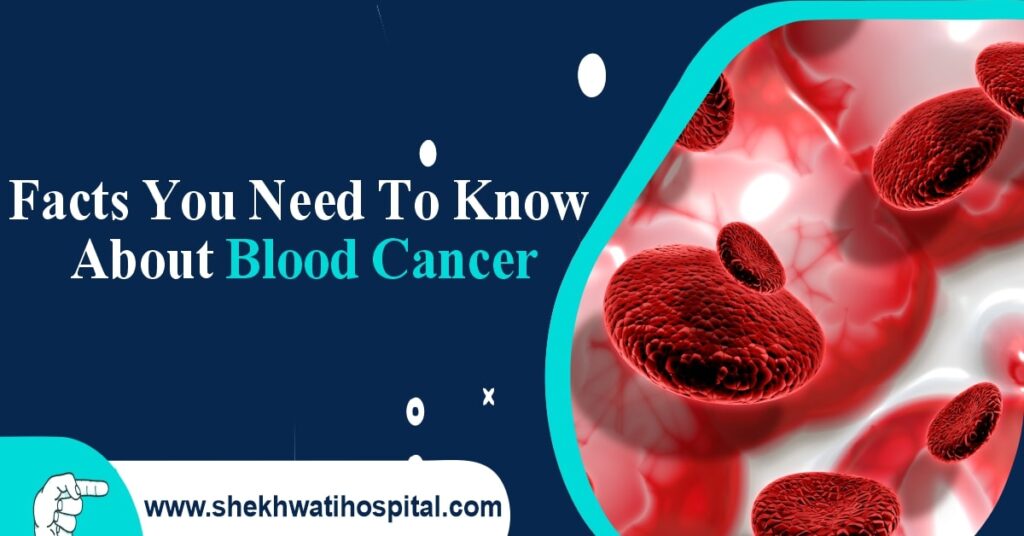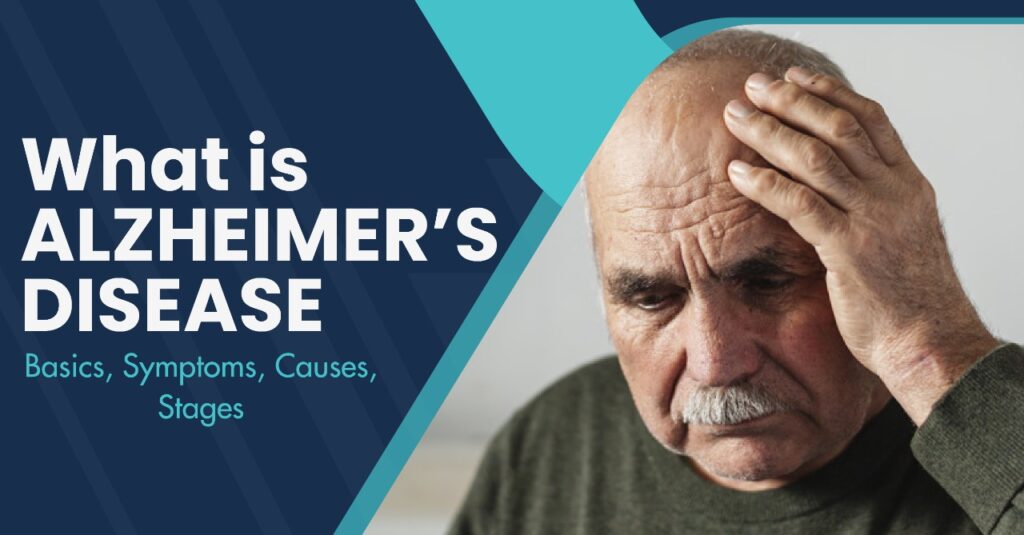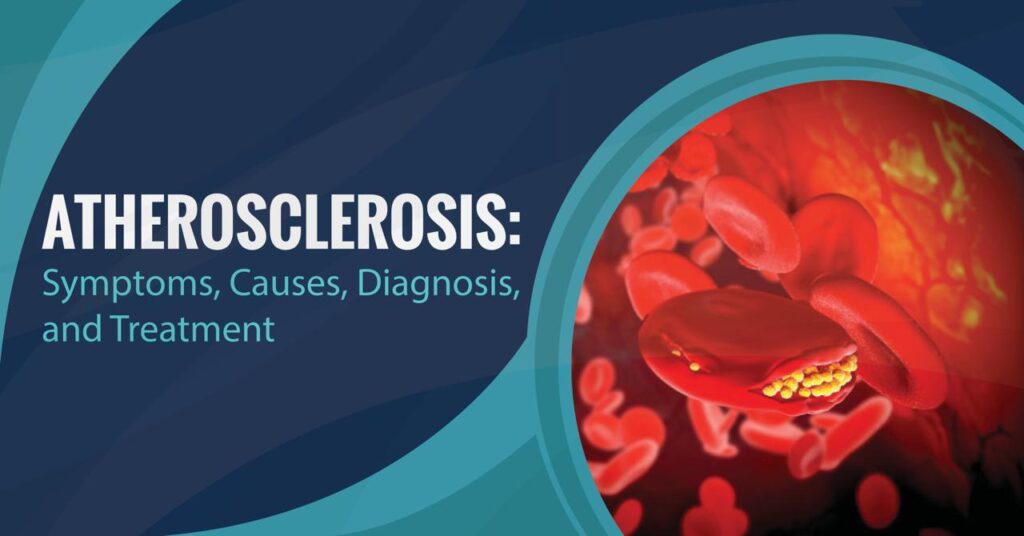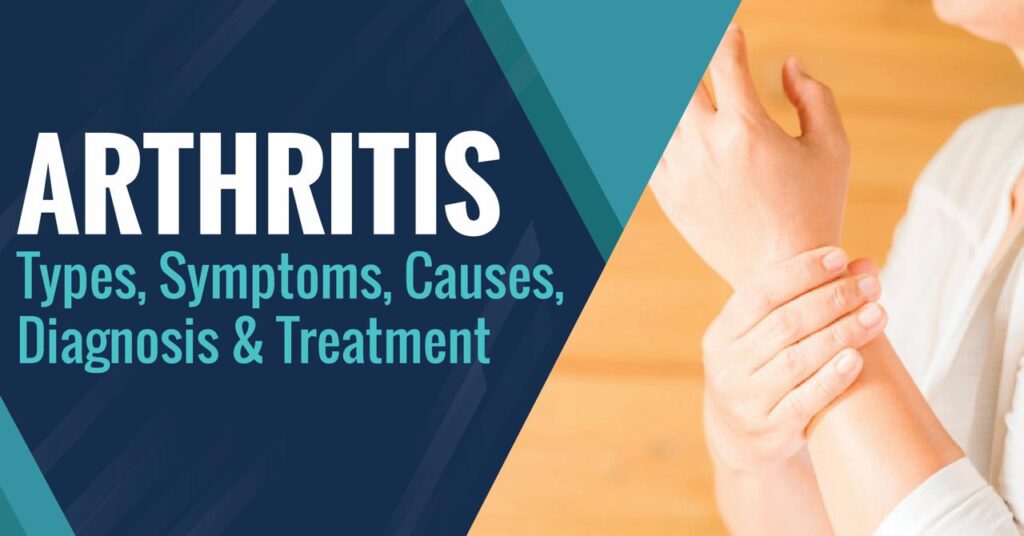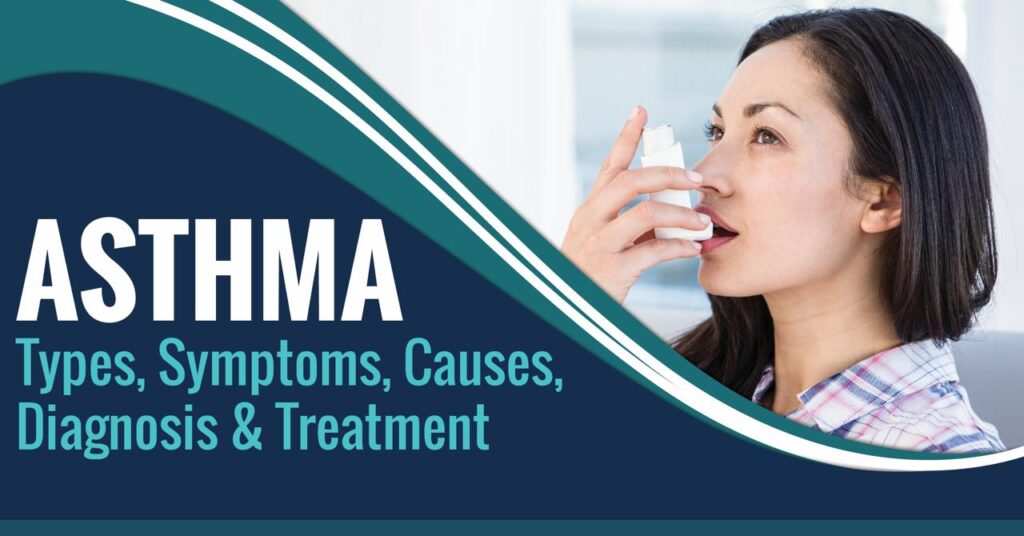You can lose your hair temporarily or permanently depending on whether it is on your scalp or your whole body. There is a possibility that it is caused by heredity, hormonal changes, medical conditions, or a normal process of aging. Hair loss on the head is common among men, but it can affect anyone.
Hair loss from the scalp is usually the cause of baldness. Baldness is most commonly caused by hereditary hair loss as we age. Untreated and unhidden hair loss is desirable for some people. There are other ways to conceal it, such as with hairstyles, makeup, hats, or scarves. Moreover, some people choose to stop further hair loss or restore existing hair growth by choosing one of the available treatments.
Speak with your doctor about your hair loss treatment options and the cause of your hair loss before starting.
Hair Loss Symptoms:
Losing more hair than usual is the main symptom of alopecia, but it’s challenging to identify.
Here are some signs to look for:
- Widening part. A thinning hair strand may appear as a wider part in your hair, which can indicate that your hair is thinning.
- Receding hairline. Thinning hair could also appear higher on the hairline than usual.
- Loose hair. Be sure to check your brush after using it. It’s a sign that you can check whether your fall is massive or not. Then you may be experiencing hair loss.
- Bald patches. Their size can vary and they can grow over time.
- Clogged drains. A clogged shower drain or sink drain might be caused by hair.
- Pain or itching. You may also experience pain or itching on your scalp if you have an underlying skin condition that is causing your hair loss.
Causes of Hair Loss:
Here are some of the causes of hair loss which include:
- Hormonal Changes: A woman’s hormone levels change during pregnancy, childbirth, menopause, or when she changes contraceptives. As a result of hormonal changes, hair falls tend to increase. The childbirth process is extremely stressful on the body and can cause a large number of hair follicles to go into a resting phase. A condition known as telogen effluvium describes this type of hair loss. It is, however, reversible.
- Heredity: Genetically caused hair loss is a natural occurrence. Men commonly suffer from androgenetic alopecia. It is also referred to as male-pattern baldness or hereditary baldness.
- Medications: Chemotherapy drugs, antidepressants, arthritis medications, and high blood pressure medications can cause hair loss. Radiation therapy is used to treat cancer and it can lead to hair loss.
- Stress: Hair becomes weaker after being deprived of nutrients due to stress. Try yoga, meditation, or working out to stay healthy. It works in controlling hair loss as you gave up all your stress and be stress-free.
- Vitamin Deficiency: A hair is composed of protein, amino acids, and peptide bonds. Eating a balanced diet can help nourish these structures. Hair loss may be caused by a low diet in proteins (from animal or plant sources), iron, zinc, and vitamin C and B.
- Lifestyle Habits: Hair loss can be caused by lifestyle habits like inadequate sleep, working outdoors while exposed to the sun, and smoking. Those habits disrupt the body’s natural mechanisms that maintain healthy hair.
How is Hair Loss Diagnosed?
The doctor will look at your diet, how you care for your hair, and your medical and family history before making a diagnosis. Among the tests you might undergo are the following:
- Blood test. Hair loss might be caused by certain medical conditions.
- Pull test. As your doctor gently pulls several dozen hairs, he counts how many have fallen out. By doing so, he can determine what stage the hair loss process is in.
- Scalp biopsy. In order to examine the hair roots under a microscope, your doctor scrapes skin samples or pulls a few hairs from the scalp. A biopsy of these samples can help identify the cause of hair loss.
- Light microscopy. Doctors use special instruments to examine the hairs trimmed at their bases. Microscopy provides insight into possible hair shaft disorders.
You can also read: GENETIC DISORDERS: TYPES, SYMPTOMS & CAUSES
Treatment Options for Hair Loss
Your provider will address these factors in case of medication side effects, hormonal imbalances, thyroid disease, or diet-related hair loss. Stopping hair loss is often as simple as fixing the underlying problem.
Androgenic alopecia (which affects both men and women) is typically treated with hair loss treatments. Treatment options include:
- Medication: Usually, thinning hair is treated with over-the-counter medications applied to your scalp (like minoxidil or Rogaine®). Finasteride, or Propecia®, is an oral prescription medication approved only for men suffering from male pattern baldness.
- Hair transplant: When you undergo a hair transplant, your provider carefully removes hair from an area of your scalp where it is thickest. After implantation, the provider implanted those strands on the scalp, where the hair is thinnest.
- Scalp reduction: A surgeon removes hairless skin from the scalp and then seals the area with hair from the rest of your scalp. An alternative method is a flap, in which your surgeon folds hairy scalp over bald patches.
A couple of procedures are required to cover bald spots with tissue expansion. An expander is placed under the part of your scalp that still has hair next to the bald spot in the first operation.
A few weeks after you apply the expander, the hair-bearing part of your scalp stretches. The surgeon will remove the expander in the second surgery and pull the expanded area of hair over the bald spot.
How to Prevent Hair Loss?
When you lose your hair, you can suffer emotional stress as well as lose confidence. The good news is that you can stop hair loss in a number of ways.
- Eat extra protein: Your hair growth may be affected if you do not consume enough protein each day. Vegans and vegetarians may need to consume more protein. You can also get your daily protein requirement by eating beans and legumes, eggs, or Greek yogurt.
- Vitamins: Several tests can be performed by your doctor to determine if you are vitamin deficient. Hair growth can be affected by certain vitamins and minerals, such as vitamins A, B, C, D, E, zinc, and iron.
- Maintain Mediterranean diet: The Mediterranean diet consists of fruits, vegetables, and protein, which is beneficial, especially compared to other trendy diets.
- Medications: You may have heard of minoxidil, the over-the-counter medication that helps in preventing hair loss. This medication really helps to prevent hair loss.
- Maintain good hair and scalp care: Don’t use harsh hair treatments like hair dye, bleaching, and heating tools. Your hair may also be affected by hairstyles such as tight ponytails or braids. Take care to wash your scalp and hair regularly.
When to See Doctor about Hair Loss
You should consult your doctor if you are concerned about persistent hair loss in you or your child. Talk with your doctor about early treatment if you have a receding hairline (frontal fibrosing alopecia) to avoid permanent hair loss.
When combing or washing your child’s hair, speak with your doctor if you notice more than usual hair loss or sudden or patchy hair loss. Unexpected hair loss may indicate an underlying health condition that needs to be addressed.


